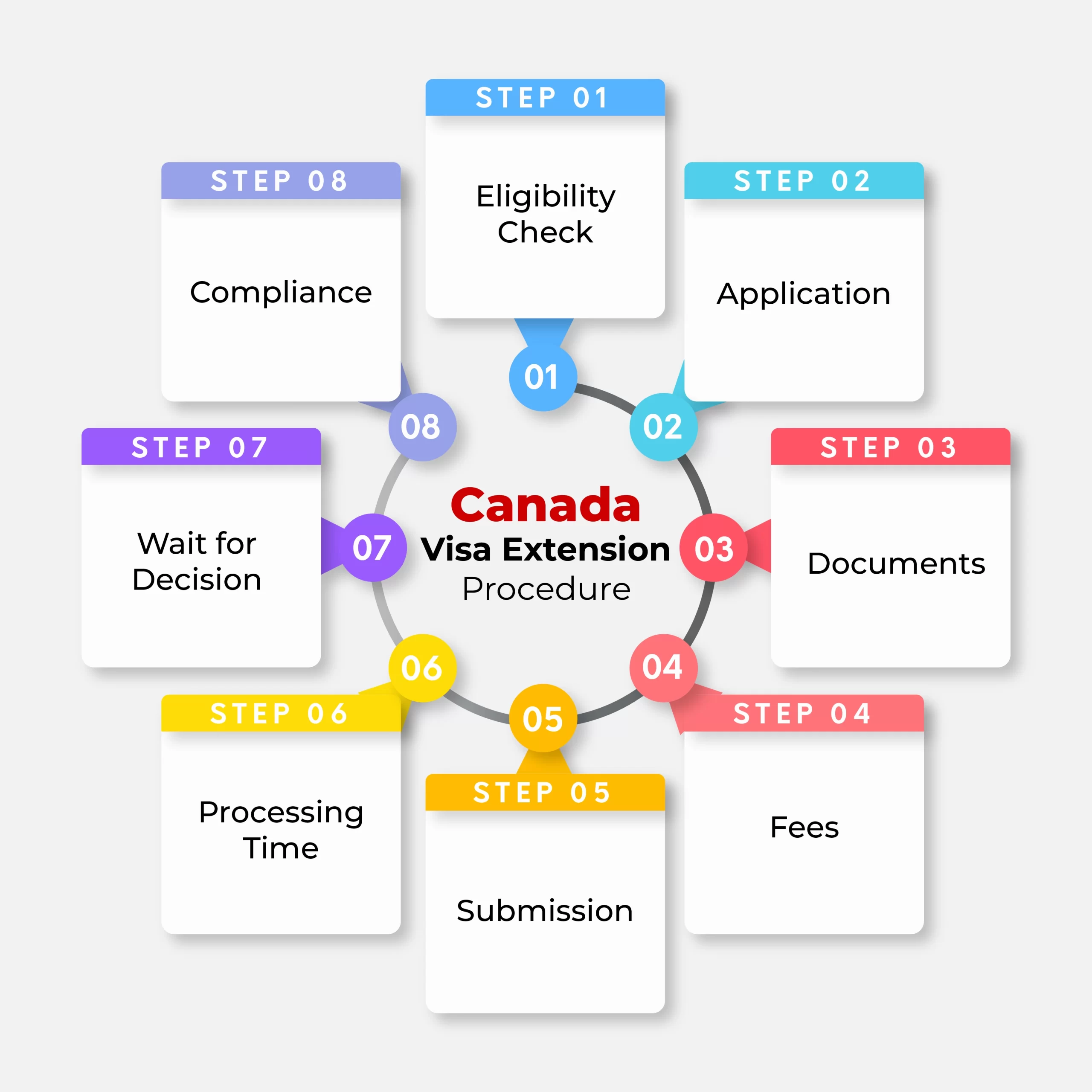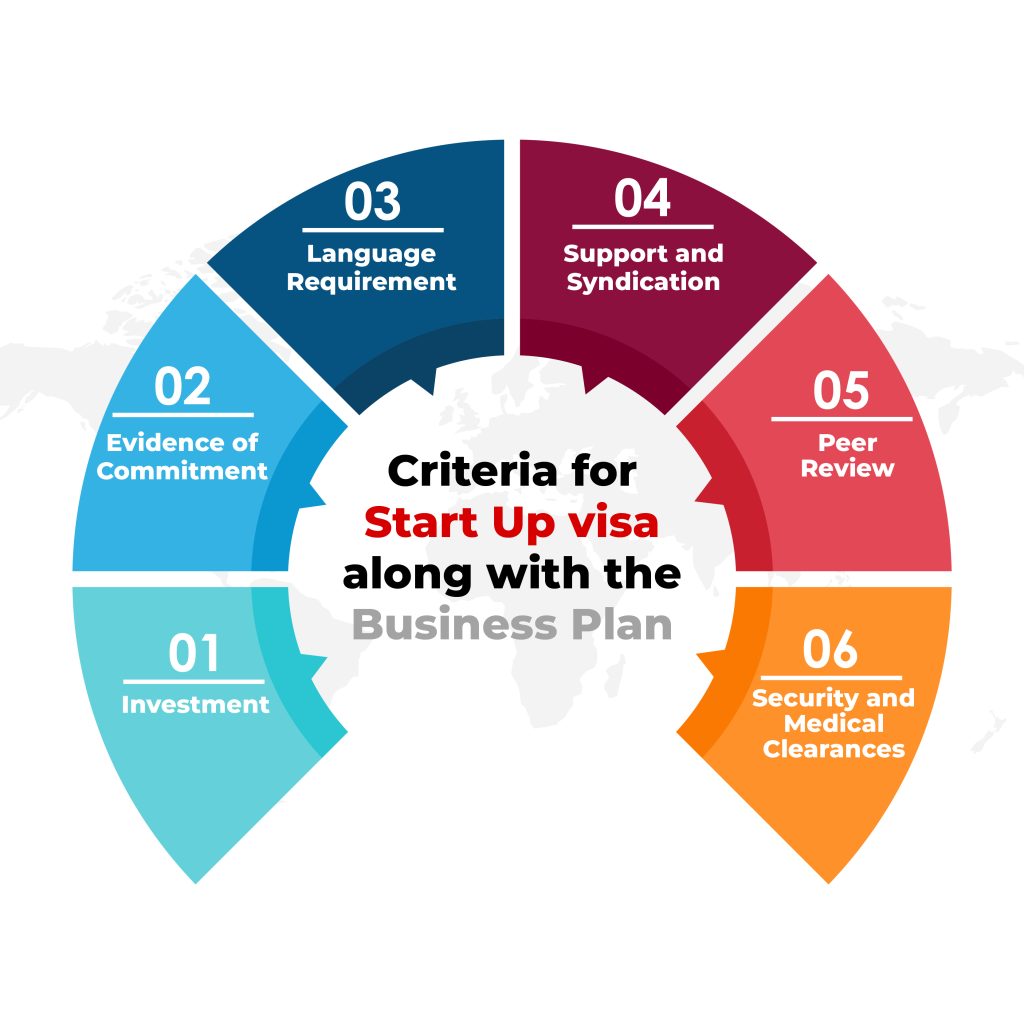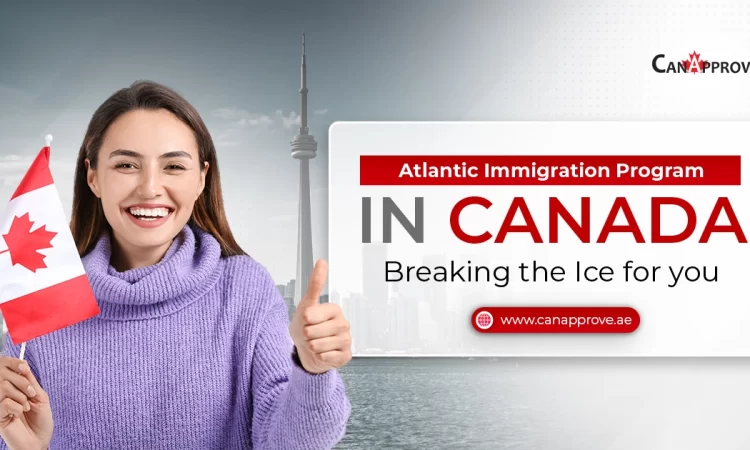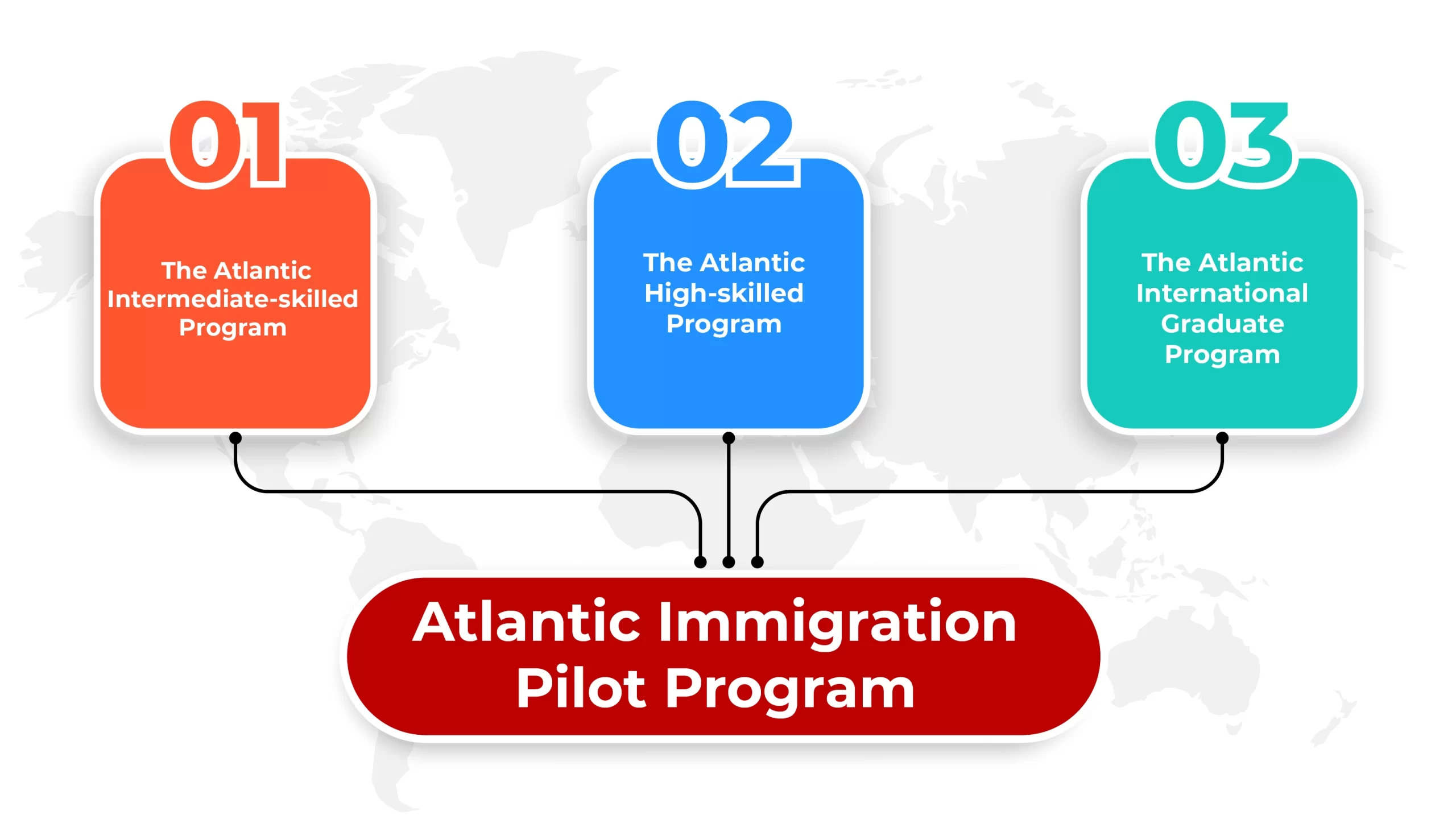If you are in Canada or planning to travel to Canada, it is obvious that you will have a definite validity for your visa for which you should be bound to. But what if you are willing to remain in Canada for some more time or indefinitely but with out violating the immigration rules of the country!!
Have you ever wondered if that is possible or not? If you did, the answer is YES! You can stay in Canada even if your visa validity expires. There are ways to get Canada visa extension which will resume your stay!
But the visa extension also depends upon the type of visa that you already hold.
For the next couple of minutes, let’s see how to extend one’s stay in Canada after the expiration of your visa validity.
Types of Canada Visa Extension
Visa Extension for Visitor Visa: If you’re in Canada on a visitor visa, you can apply for an extension before your current status expires. You’ll need to demonstrate the reasons why you want to extend your stay, like further travel plans or family visits. You will also need to meet the eligibility criteria.
Work or Study Permit Extension: Individuals with work or study permits can apply for an extension before their permits expire. The process typically involves demonstrating continued eligibility and meeting specific requirements related to work or study.
Super Visa Extension: For parents and grandparents of Canadian citizens or permanent residents who have a super visa, extensions are possible. This visa allows extended visits up to 2 years per entry.
Temporary Resident Permit (TRP) Extension: If you have a TRP due to inadmissibility reasons, you might apply for an extension.
Visa Extension for PR: If you’re in the process of applying for permanent residency through Express Entry or other programs, there might be options to extend your stay in Canada while your application is being processed.
The following is the common Canada Visa Extension procedures which will be applied to all the visa types!
Canada Visa Extension Procedure
Eligibility: Ensure you’re eligible for an extension. You must apply before your current status expires and demonstrate that you’ll leave Canada when your extended status ends.
Application: Visit the Government of Canada’s official website for immigration and citizenship. There, you’ll find the necessary forms and instructions for extending your visa. The most common form used for this purpose is the “Application to Change Conditions, extend my Stay or Remain in Canada.”
Note: People might go wrong in the application process, so it is recommended to get help from an expert Canada immigration consultant.
Documents: Prepare supporting documents such as a valid passport, proof of funds to support yourself and any dependents, a letter explaining why you need to extend your stay, and any other required documents based on your visa type.
Fees: Check the application fees and payment methods. Fees vary depending on the type of extension you’re applying for.
*Your immigration consultant will help you renew your visa at ease.
Submission: Complete the application form accurately and submit it online or by mail to the appropriate immigration office. Ensure you’ve included all required documents and fees.
*The application process will be looked after by your immigration coordinator when getting help form a professional.
Processing Time: Processing times vary. You can check the current processing times on the government website to have an idea of how long it might take.
Decision: You’ll receive a decision regarding your application. If approved, you’ll receive a new permit or updated documents.
Compliance: Ensure you comply with the conditions outlined in your extended stay permit, such as maintaining valid health insurance and following other stipulated requirements.
Wrapping up…
Are you planning to apply for a Canada visa, or do you already hold one? Is your visa closing the expiry deadline? No problem at all because CanApprove will back you with your visa renewal. For Canada or Australia immigration, overseas education in countries like Canada, Australia, UK, USA, New Zealand, Germany, France and other European countries, and to apply for visa extension, connect with CanApprove. Our immigration coordinator will guide you with all the necessary details.
We are just a click away! Make your transient stay in Canada a permanent one! We will help you.
Thanks for reading! 😊
Frequently Asked Questions
1. Can you stay in Canada after applying for visa extension?
Yes, you can legally stay in Canada while you wait for a decision on your Canada Visa Extension
2. How many days can I stay in Canada after my visa expires?
You can apply for a status restoration (not renewal) and can stay for an additional 90 days in Canada.
3. How many times can I extend my stay as a visitor in Canada?
You can renew extend your Canada visit visa by renewing it as many times as you want if wish to remain in the country.



 How to Apply for a Canadian PR through Start-Up visa Program?
How to Apply for a Canadian PR through Start-Up visa Program?



